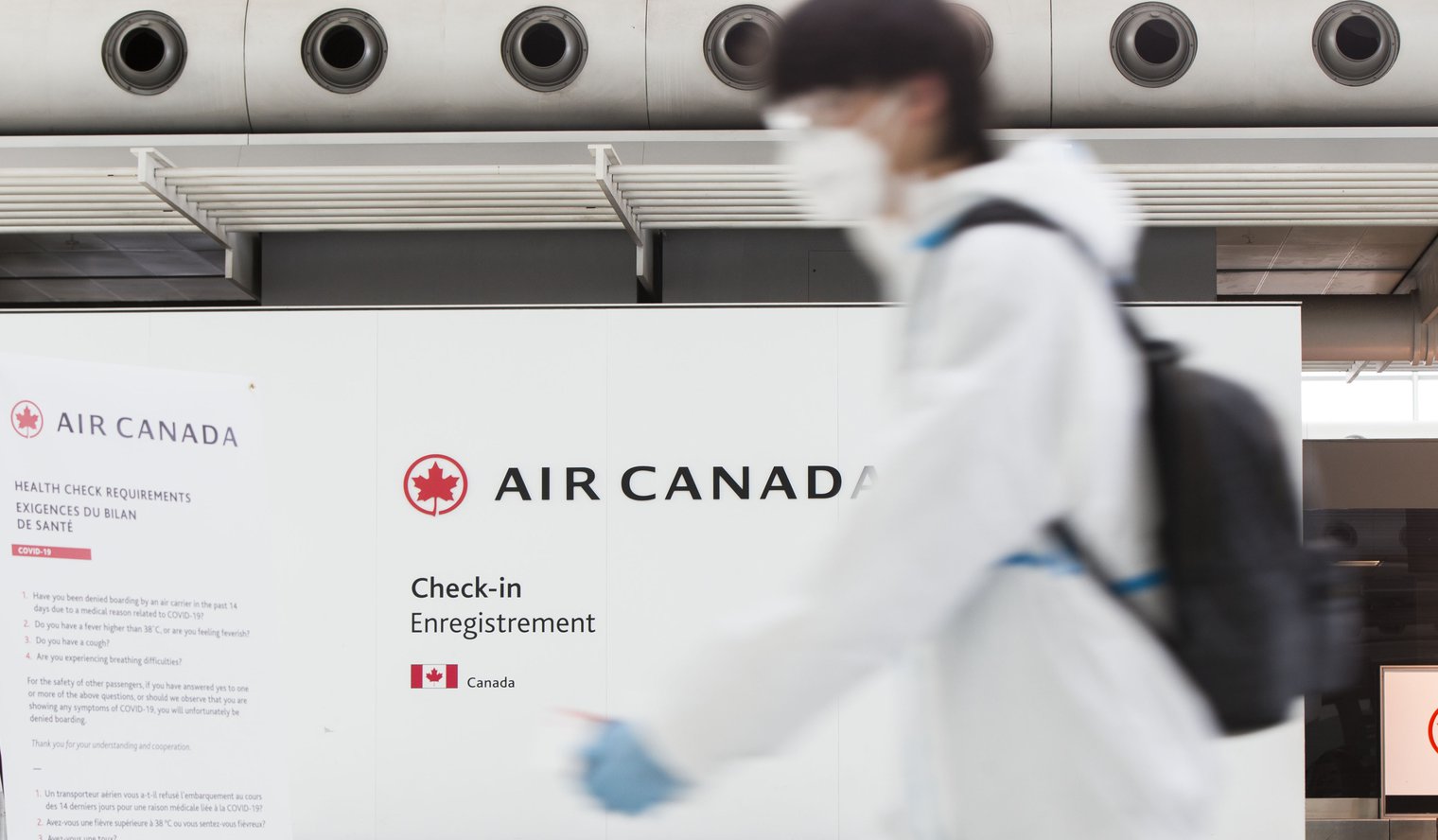Despite McGill’s numerous emails detailing their efforts to keep campus safe, the university is taking advantage of its international students. Although students and faculty alike have been anxiously awaiting the return to in-person classes, the return to Canada and Montreal has been fraught with obstacles for many international students. McGill’s substandard treatment of international students does not respect the financial and intellectual exchanges they offer to the university.
Since the beginning of the pandemic, there have been significant delays in the distribution of study permits, as well as frequent changes to entry requirements for non-Canadians—whether it is the implementation of a mandatory hotel quarantine or the ban on incoming flights from India. Although these measures were put in place to prevent the spread of the virus, the lack of guidance has been daunting for those unfamiliar with the Canadian system, and has forced students to make expensive changes to their study plans.
The travel ban limiting the entry of Indian citizens initially put in place to curb the spread of the Delta variant is perhaps the most worrisome measure for international students, especially given the fact that it has not been updated since April. Considering both the spread of the Delta variant and the history of racist travel bans in North America, this ban disproportionately targets South-Asian students. By contrast, students coming from the United States, a COVID-19 hotspot where cases have been rising quickly, are not banned from entering Canada.
Although McGill cannot overturn the ban itself, it is the university’s responsibility to ensure that students have access to their education. This has not been the case. McGill has not announced substantive accommodations for students experiencing delays entering Canada, and, although it asks students to make a “COVID-19 Academic Accommodations” request through Minerva, there is no clearly advertised contingency plan. Furthermore, McGill has refused to provide online alternatives to in-person classes, citing pedagogical difficulties. This means that in many cases, the education that international students are paying for will be up to the discretion and abilities of professors, rather than being ensured by the university itself.
In Canada, students who pay full international tuition are very profitable for universities, as McGill undoubtedly knows. In 2018, Quebec deregulated international tuition, which henceforth granted universities the freedom to set international tuition rates—as opposed to having a cap established by the provincial government. Principal and Vice-Chancellor Suzanne Fortier recognized that the deregulation was beneficial for the institution because it would allow McGill to fully retain the tuition that international students “contribute” to without paying a portion to the Quebec government.
International students do not pay 20 thousand dollars in tuition to “contribute” to the university. They pay for an education with the expectation that McGill will deliver on the quality it is known for. The lack of accommodations for immunocompromised students and staff, as well as the refusal to adapt to the situation facing many international students, shows a deep neglect for the community that allows McGill to continue functioning.
McGill’s profits are on the line. Yet even with economic incentives, the administration has failed to listen to the Students’ Society of McGill University’s demands, which include the implementation of a vaccine mandate and the publication of clear guidelines for accommodations. After almost two years of uncertainty, McGills owes its international students the peace of mind that their investment in their education will be worth it. Now, it is up to the administration to decide how much they are willing to do for their students.









